The Best Kosher Teas and Helpful Kosher Afternoon Tea Tips
TEATIME NOTES
Find tips, recipes, and articles to increase your delight and enjoyment of tea.
The Best Kosher Teas and Helpful Kosher Afternoon Tea Tips
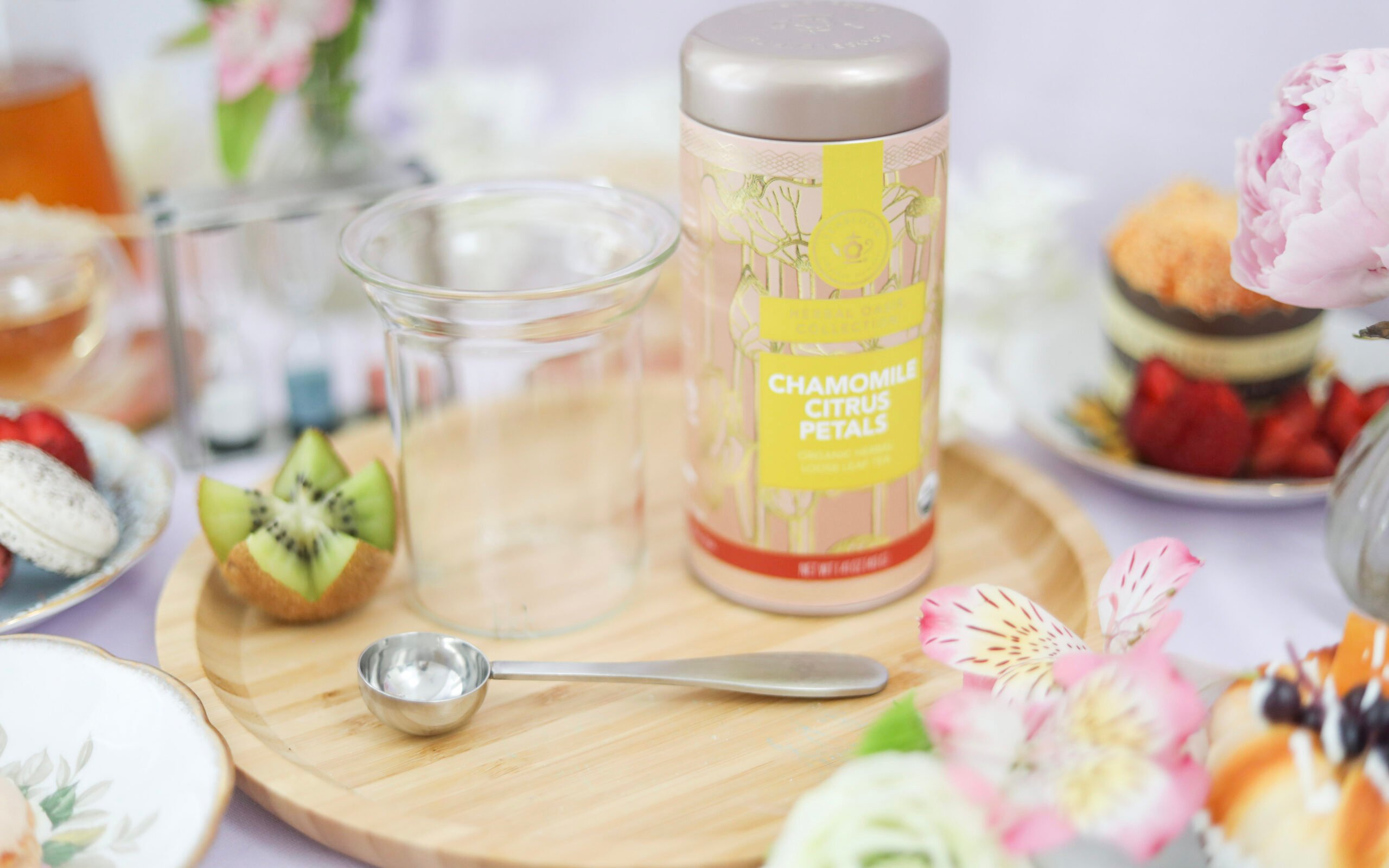
Interesting Facts About Kosher Tea You Need to Know
What is kosher, and how does it relate to tea? Can you have kosher afternoon tea?
Kosher is a word that’s tossed around much like gluten-free, vegan, and organic. It’s a word that you subconsciously see on food labels. You might use kosher to describe something that is genuine, approved, or acceptable.
Yes, it’s kosher to use kosher in such a nonchalant manner. But kosher is anything but nonchalant and it’s practiced by millions of people around the world.
If you aren’t kosher yourself, chances are you know someone who is. And if you ever break bread together, you will want to know how to host them properly. Catering to your guest’s dietary needs is especially important when it comes to sharing afternoon tea.
You want to make sure you’re honoring their dietary needs. You want your friends and family to feel loved and comfortable. And in order to serve a kosher meal, you will have to understand what kosher really is.
What Does Kosher Mean?
Not many people outside of Jewish tradition really understand what it means to be kosher. In the most basic sense, kosher is about food safety and health. It can also be about honor and religious tradition — it’s a clean way of eating, and there are many rules to follow.
Kosher food is divided into three sections: pareve, meat, and dairy. People who eat kosher do not eat meat and dairy at the same time.
Meat or dairy can be eaten alongside pareve foods — or neutral foods — which include fish, eggs, vegetables, fruit, nuts, and any other food that isn’t dairy or meat. You want to familiarize yourself with acceptable and unacceptable kosher foods.
Once you've learned what kosher is, it’s a good idea to reach out to your guests. Ask what their dietary practices are so you can build a menu around their needs. Some people are a little more flexible with their diet and others are not. Regardless, you want to make sure your kosher afternoon tea menu is delightful and carefree for them.
What Makes a Tea Kosher?
You might be surprised to know that kosher is also a process by which foods are made. Kosher foods can become non-kosher if they are handled inappropriately. Kosher foods go through a cleaner and more careful process than other foods — and kosher tea is no exception.
In order for a tea or food to be considered kosher, it needs to be processed on equipment that only handles kosher food. Plates, utensils, containers, and machines can’t touch kosher dairy or meat products, either.
Any pareve food that is prepared using contaminated cutlery or equipment isn’t pareve anymore. And if the machinery was used for kosher meat that pareve food now becomes meat. The same is true when mixing dairy and pareve foods. As soon as you mix pareve and dairy, the pareve food is now dairy.
It’s very important that the facility in which teas are handled follow strict kosher standards. If kosher teas are processed using tea equipment that was used by non-kosher teas, the tea is not considered kosher anymore. It is also especially important that non-kosher contaminants like bugs or insects don’t ruin the tea — because bugs and insects are not kosher.
Kosher tea is available in all types including green, white, black, oolong, and herbal tea blends. The main difference is in the way that these teas are processed. If you are hosting a kosher afternoon tea, be sure to seek out teas that are officially certified kosher.
7 Tips for Hosting Your Kosher Afternoon Tea
Afternoon tea is traditionally filled with scones, creams, jams, meats, cheeses, milk, and a plethora of desserts and finger sandwiches. Many of these tea treats cannot be eaten together, or at all if you are kosher. The good news is you absolutely can enjoy the decadence of afternoon tea — and it can be completely kosher.
- Meat or Dairy? You Decide!
To start, you will want to decide if you will be eating dairy and pareve or meat and pareve. Because dairy and meat cannot be eaten together, you will have to pick recipes that use one or the other. Once you have decided, you can start crafting your kosher afternoon tea menu.
- Making Delicious Kosher Scones
If you are using dairy finding a scone recipe that uses butter and kosher-approved ingredients will be easy. If you are not using dairy for your tea, seek out vegan scone recipes that use plant-based butter and milk. You can also forego traditional scones and serve kosher bread instead.
- Tiny Finger Sandwiches
Everyone loves tiny finger sandwiches and kosher finger sandwiches start with kosher bread. Make your own or buy a few different loaves from the market so you have some variety. Use kosher meats and plant-based dairy substitutes if you are skipping the dairy.
If you are skipping the meat, use cream, cheese, fruit, vegetables, eggs, and fish. Just make sure the cheeses you use don’t have rennet. If the cheese has this animal enzyme it’s not kosher.
- Sweets and Desserts
If you are eating dairy, you will have a wide range of kosher desserts to choose from for your kosher afternoon tea. If you are not eating dairy, consider making desserts that highlight fruit — such as a chocolate and raspberry dairy-free cake, or chocolate-covered strawberries. You can even make dairy-free cookies and muffins.
- Cream or Jam — or Both?
Are you going to serve scones? If you’re serving dairy, keep it kosher and avoid jams that have gelatin in them, because this comes from animals. On the other hand, pectin comes from fruit, and this is suitable for a dairy and pareve kosher meal.
But if you are serving a dairy-free kosher tea, skip the cream altogether — or find a plant-based cream substitute. Dairy-free scones are absolutely delicious when they’re topped with fruit preserves.
- Consider Your Plates and Preparation
Meat and dairy must never be mixed. This means that plates that had dairy or meat on them at any point in time can’t be used for the other. These must be kept completely separate at all times. Dairy items can never be washed or prepared in the same places as meat items. Consider using fancy disposable plates. You can even purchase a teaware set that is reserved for only kosher tea time.
- Read Labels and Explore
The best thing you can do is go to the market and start exploring! Familiarize yourself with kosher labels and food. Plan your kosher afternoon tea menu well ahead of time. Experiment with flavors and recipes so your kosher friends and family feel welcomed and loved when you decide to host this special occasion.
It isn’t every day that people are able to enjoy afternoon tea — and it’s even rarer when it’s a decadent kosher afternoon tea!
Where to Find Kosher Teas and Teaware
You will find what you need for your kosher afternoon tea at Teabloom. Their loose-leaf kosher teas are also organic, and they come in a wide range of flavors and types for you to choose from.
Teabloom’s exquisite teaware is perfect for your kosher afternoon tea event. Their handcrafted borosilicate glass teaware is among the healthiest and most environmentally friendly throughout the tea industry.
Explore tea sets, and pyramid sachets, and learn more about tea facts and tips at Teabloom, today.

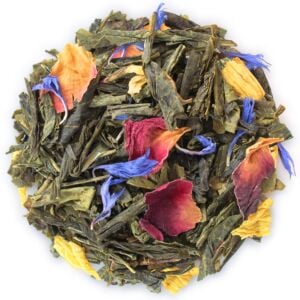
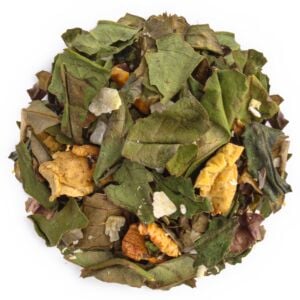
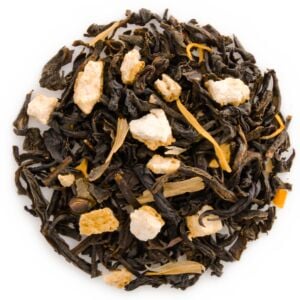
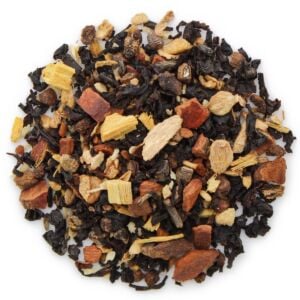
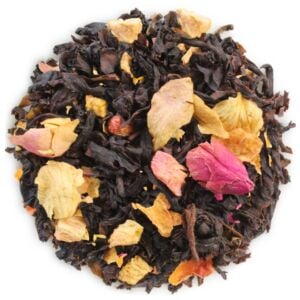
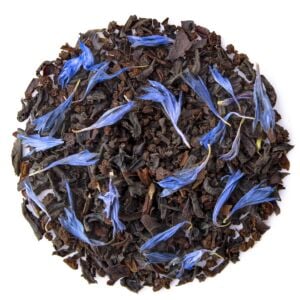
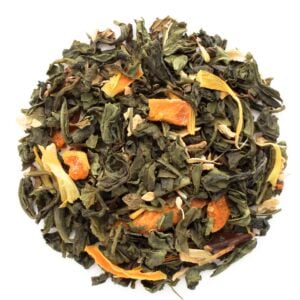
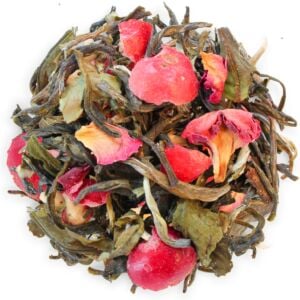
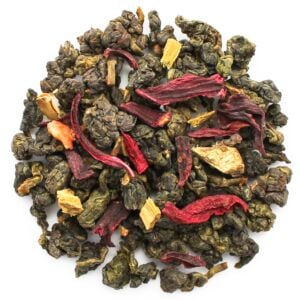
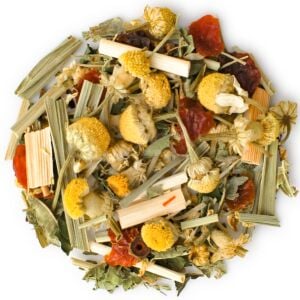
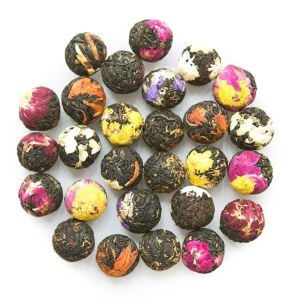

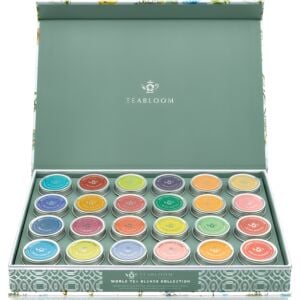
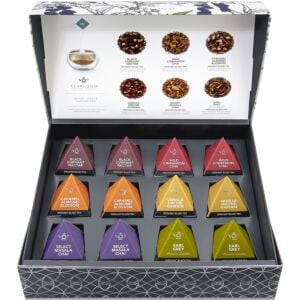
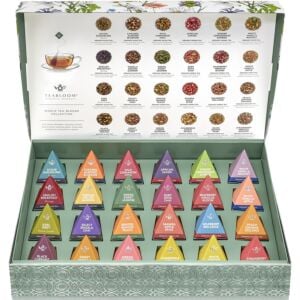
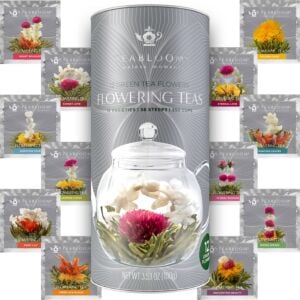
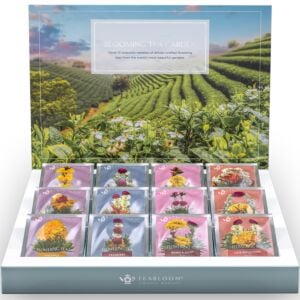
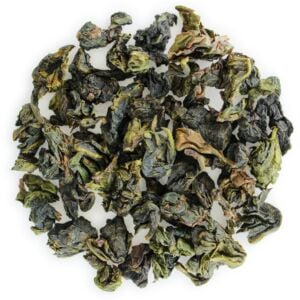
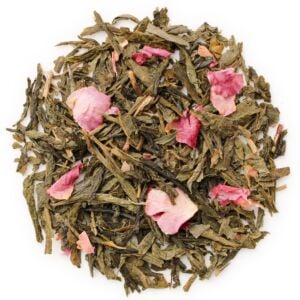
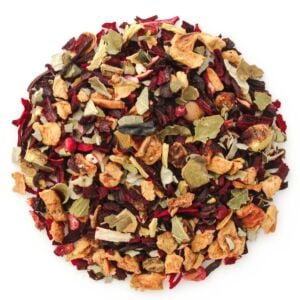
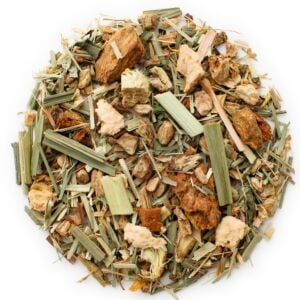
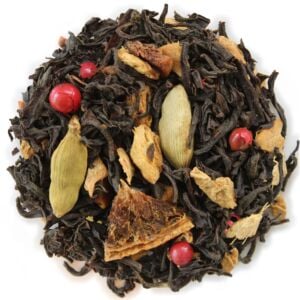
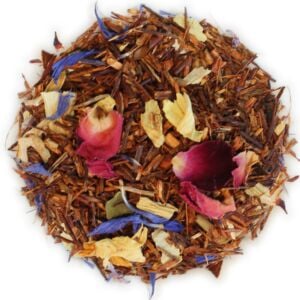
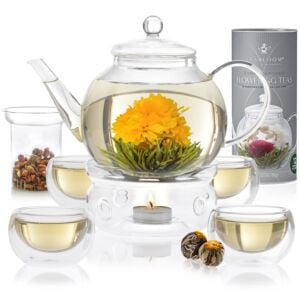
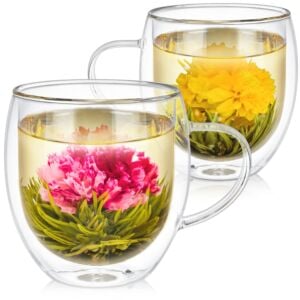
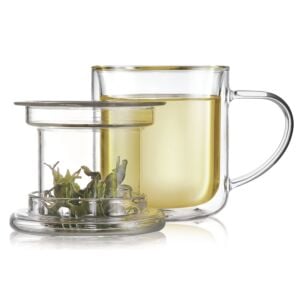
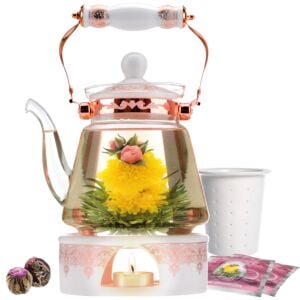
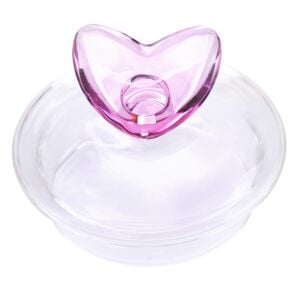
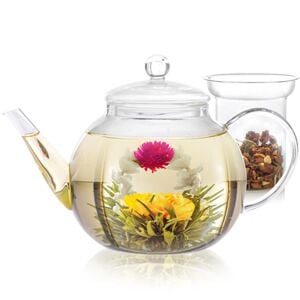
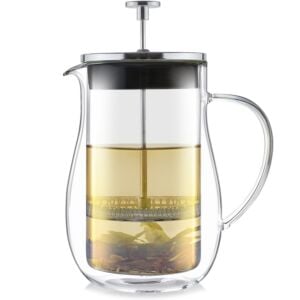
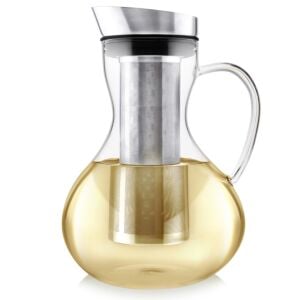
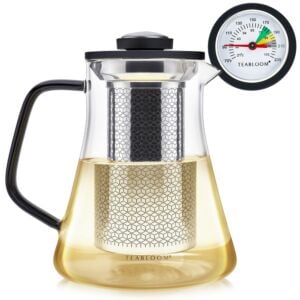
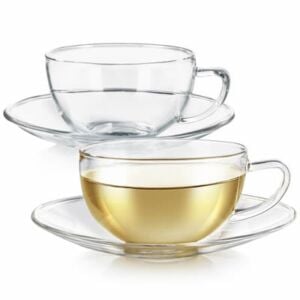
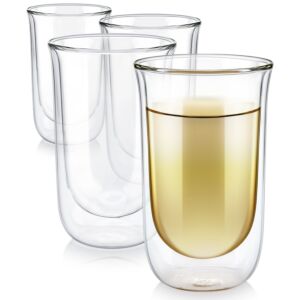
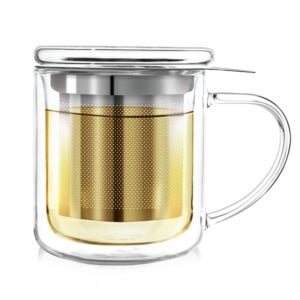
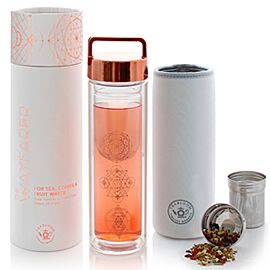

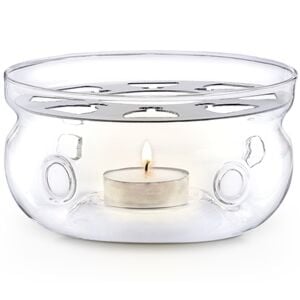
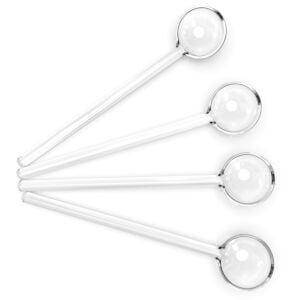
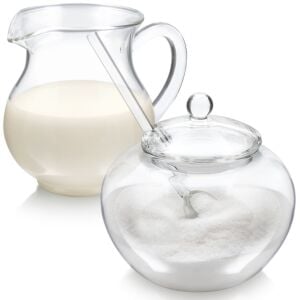
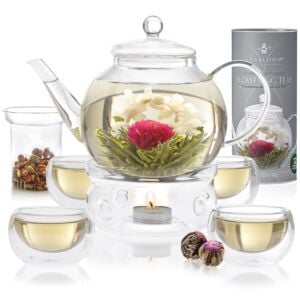
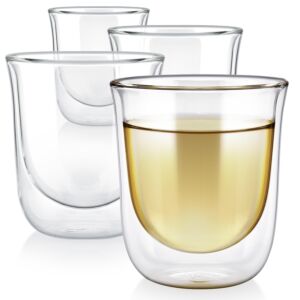
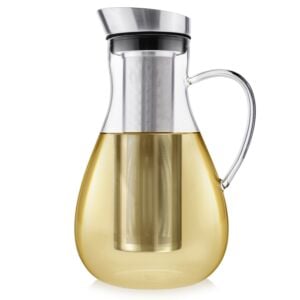
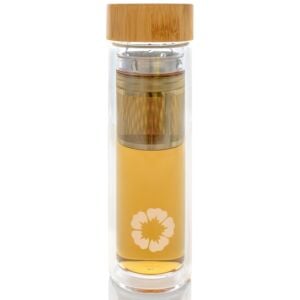
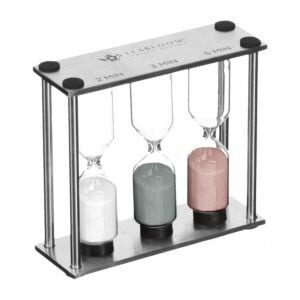
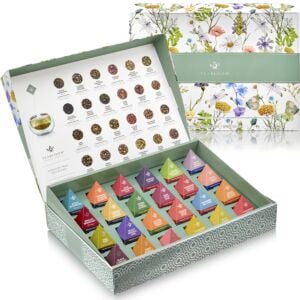
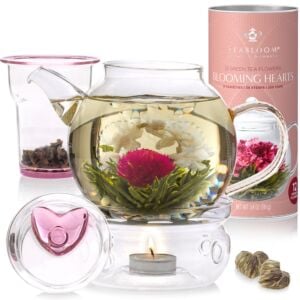
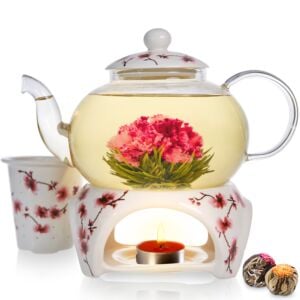
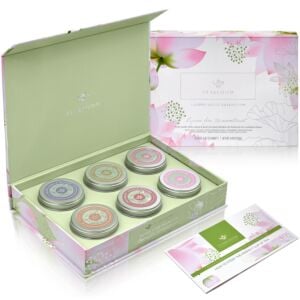
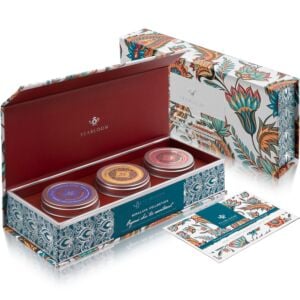
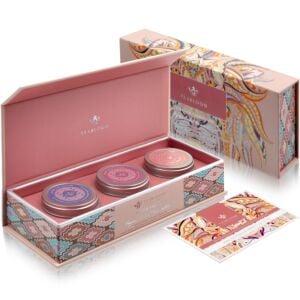
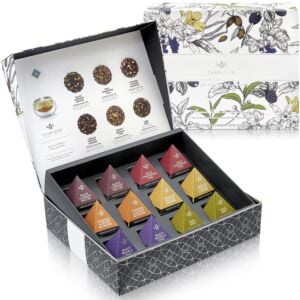
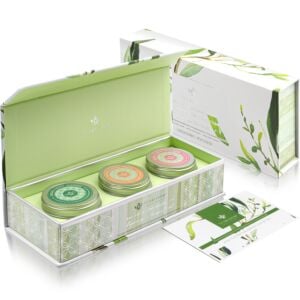
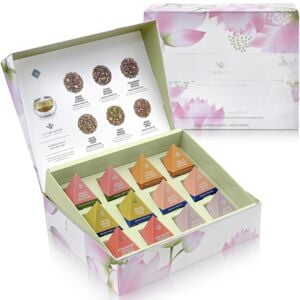
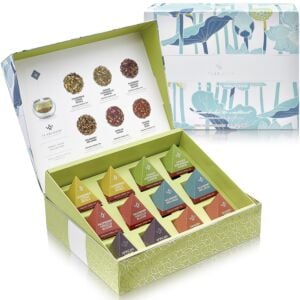
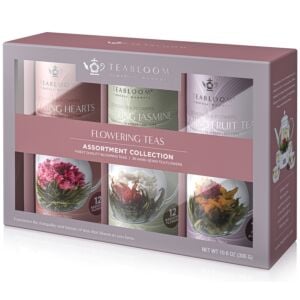
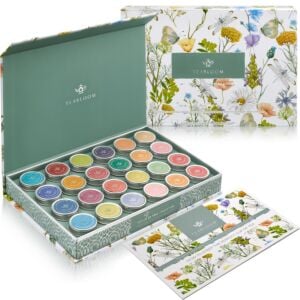
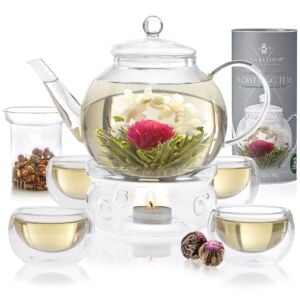
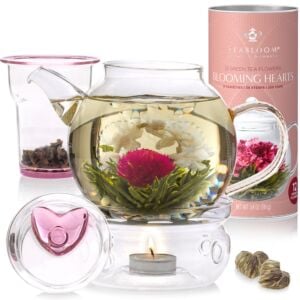
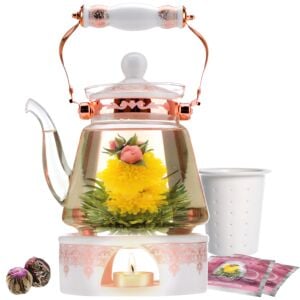
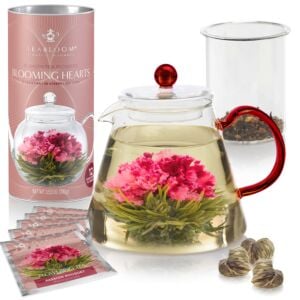
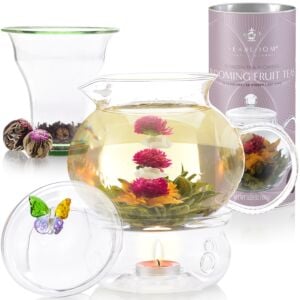
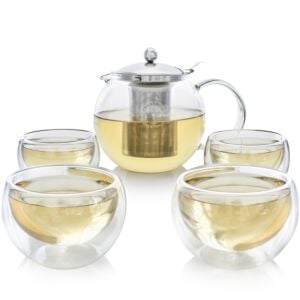
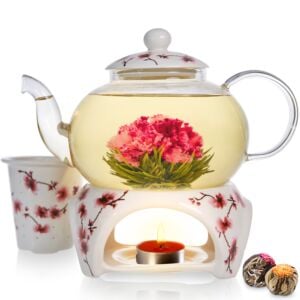
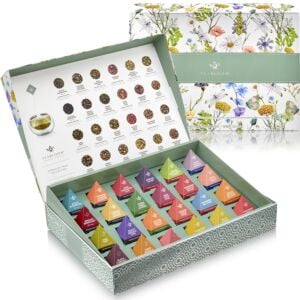
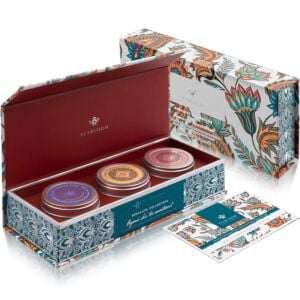
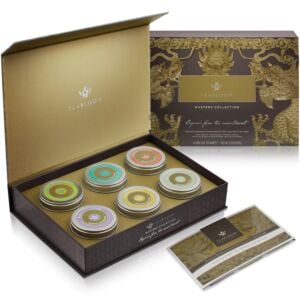
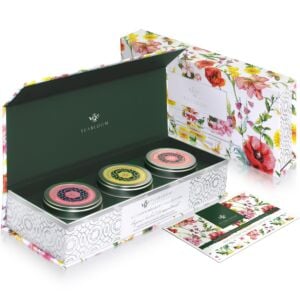
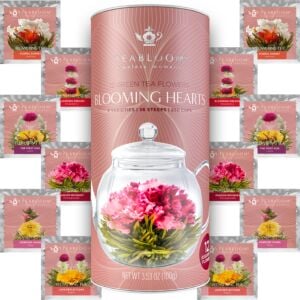
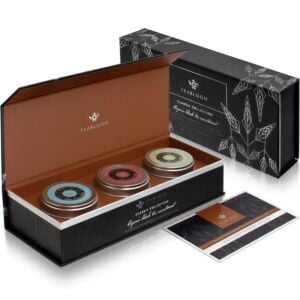
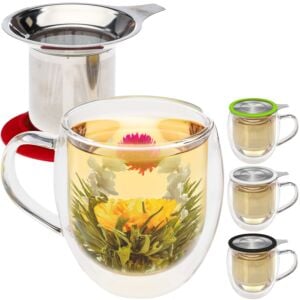
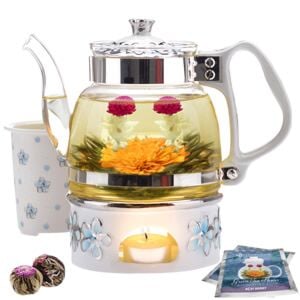
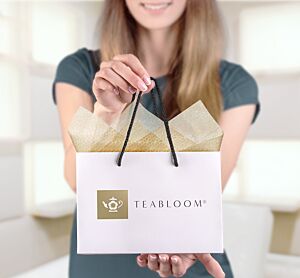
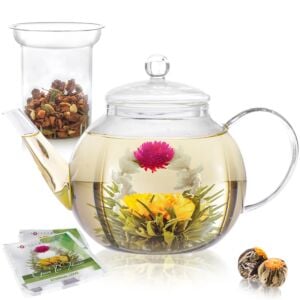
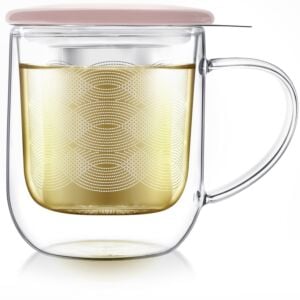
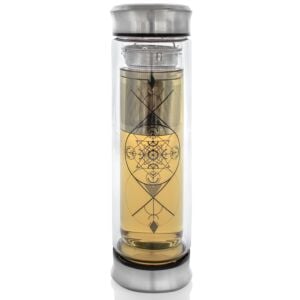
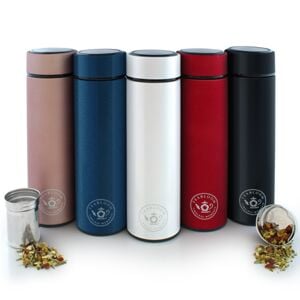
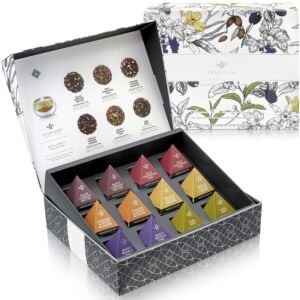
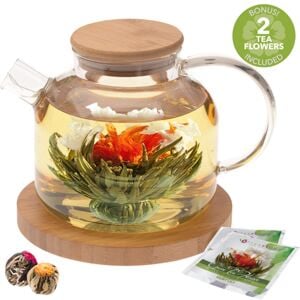
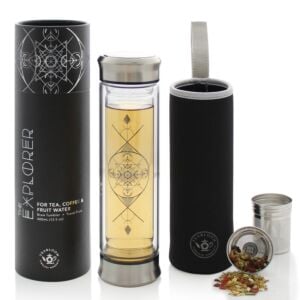
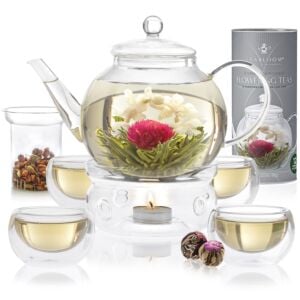
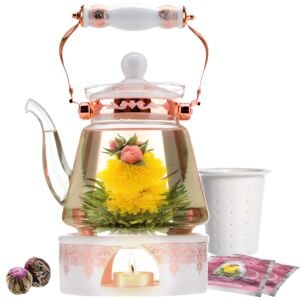
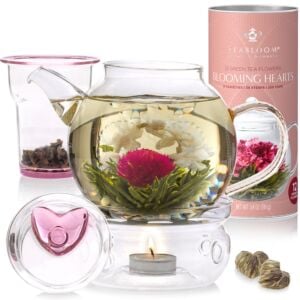
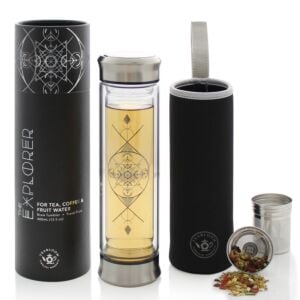
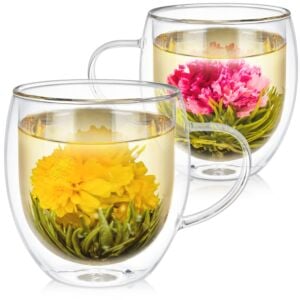
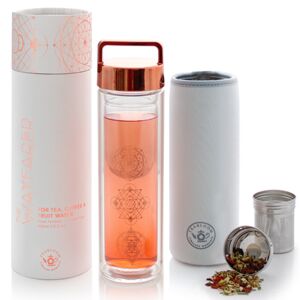
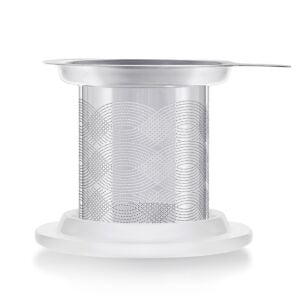
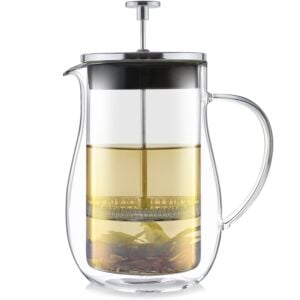
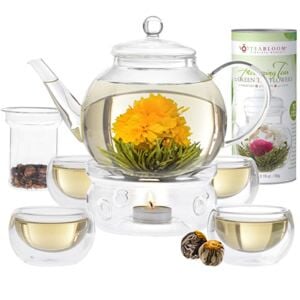
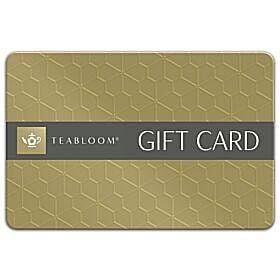
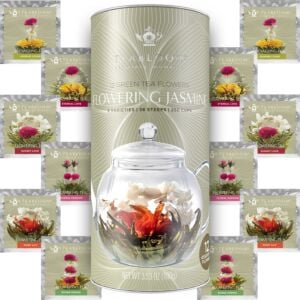
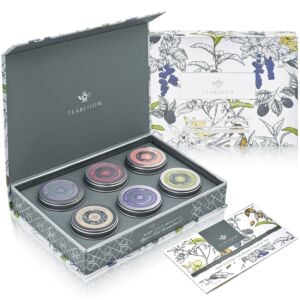
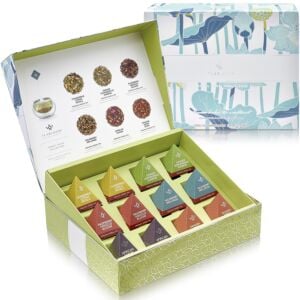
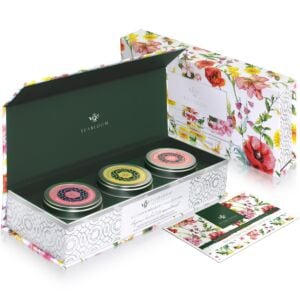
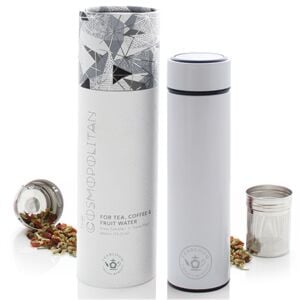

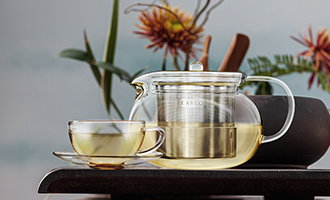
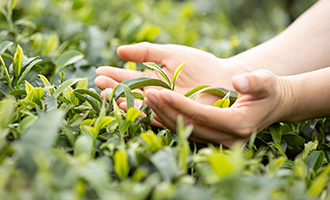
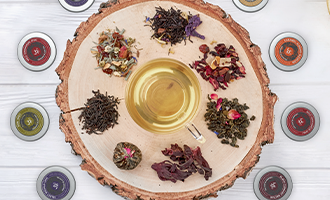
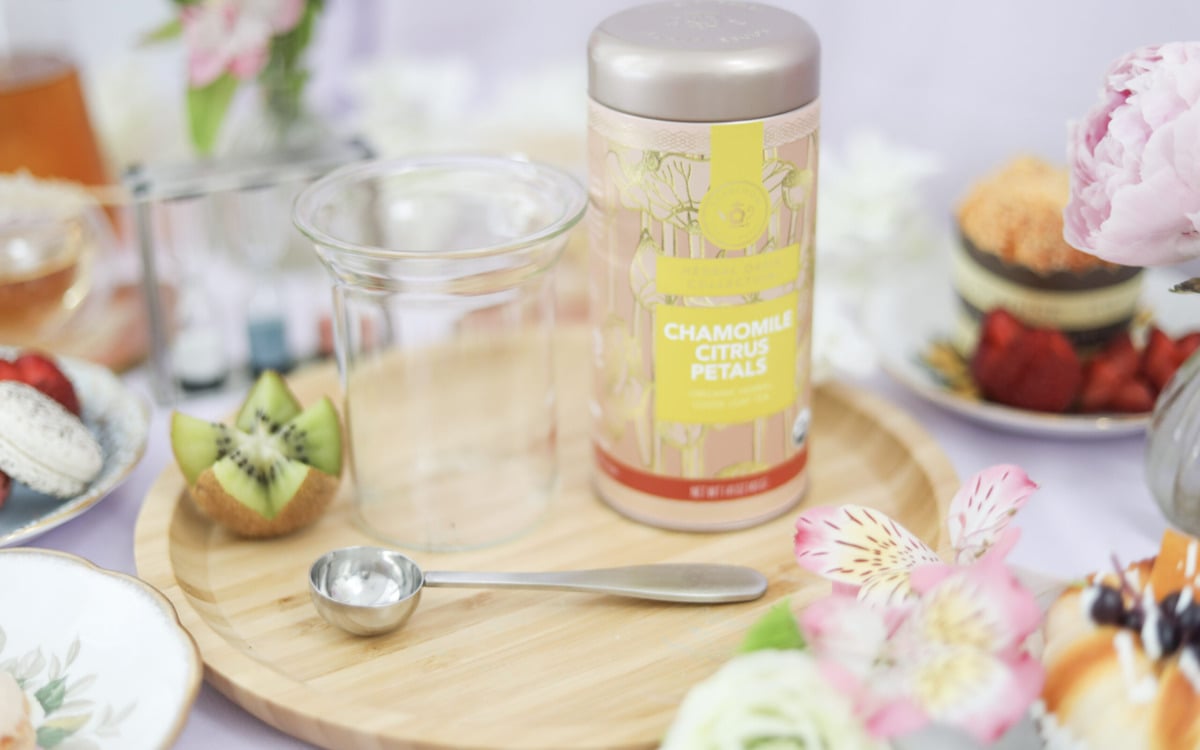
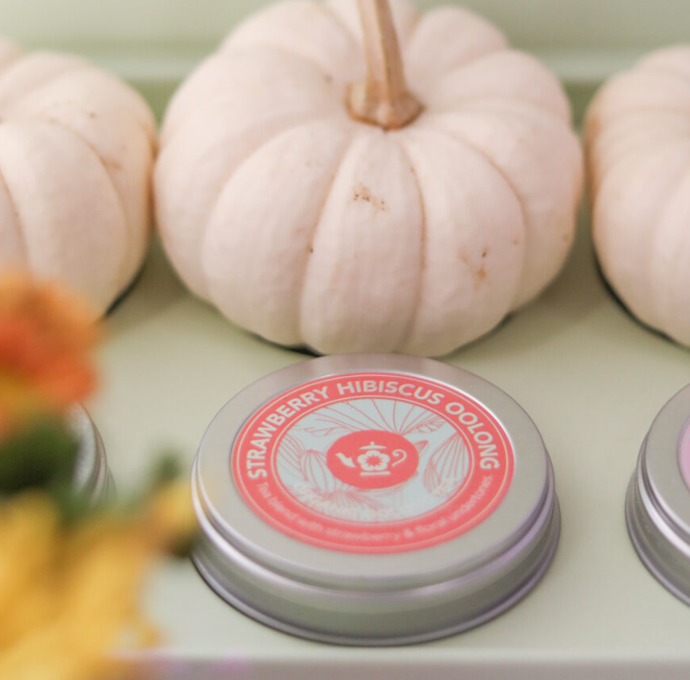
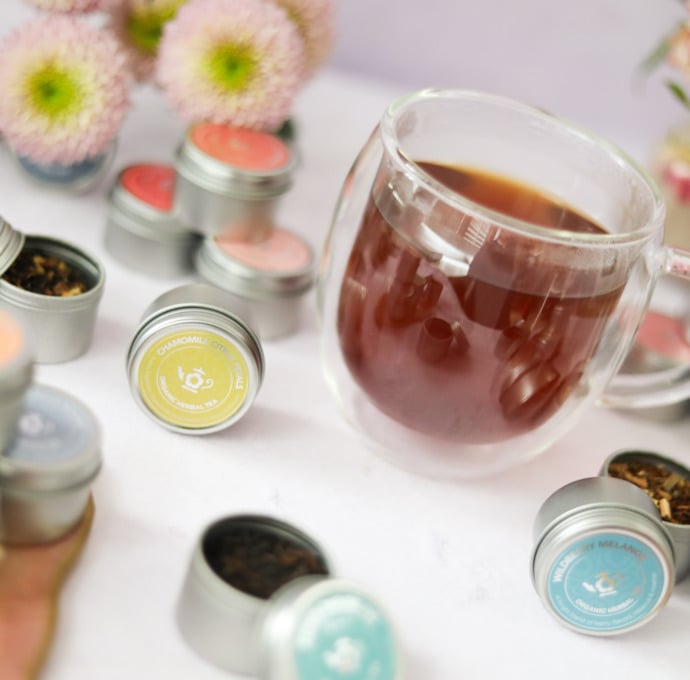
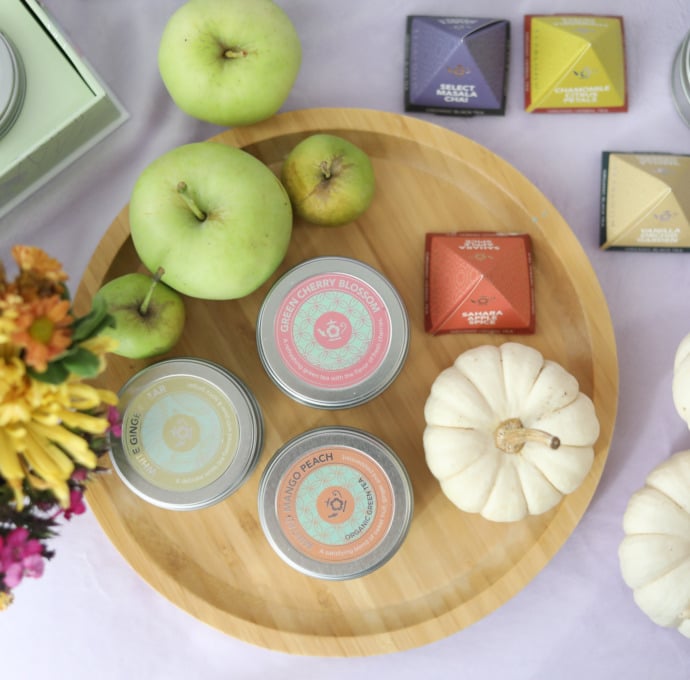
1 Comment
Share your thoughts